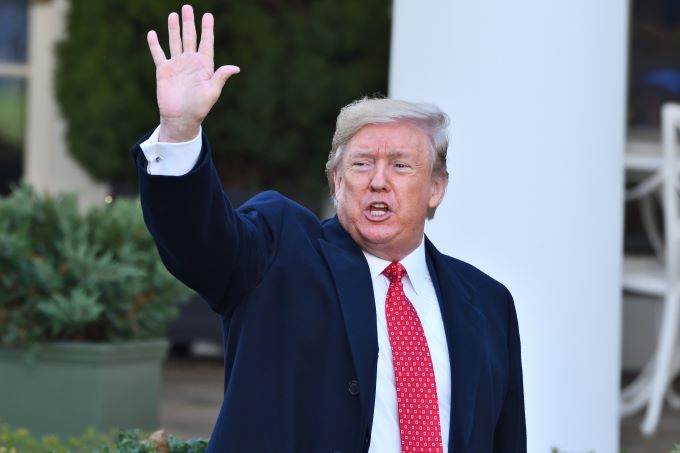President Donald Trump’s flamboyant $1-trillion+ coronavirus relief bill failed to pass in the Senate on Sunday, receiving widespread  criticism from Democrats that the bill offered more relief to corporations than it did to citizens and smaller businesses. Democrats also charged that more assistance was needed for state and local governments and for hospitals. Republicans urged the bill to be passed quickly, calling for a vote as early as 9:45 a.m. on Monday, to coincide with the opening of the U.S. stock markets, but the Democrats, lead by Minority Leader Chuck Schumer, refused to be rushed, and pushed back the vote until 1 p.m.
criticism from Democrats that the bill offered more relief to corporations than it did to citizens and smaller businesses. Democrats also charged that more assistance was needed for state and local governments and for hospitals. Republicans urged the bill to be passed quickly, calling for a vote as early as 9:45 a.m. on Monday, to coincide with the opening of the U.S. stock markets, but the Democrats, lead by Minority Leader Chuck Schumer, refused to be rushed, and pushed back the vote until 1 p.m.
60 votes are needed to pass the legislation, but with five Republican senators in quarantine due to the virus, it will be difficult for the Republicans to pass the motion without full support. At this time quarantined lawmakers are not allowed to vote remotely in the U.S.
The terms of the bill currently provide direct payments of $1,200 to most American adults and $500 to children. It also allocates $350 billion to small businesses to avoid firings, and $500 billion for businesses and states with loans to be provided at the discretion of the Treasury Department, a stipulation that has frustrated Democrats. The scope and scale of the proposal has never been handled before in the U.S., which is one of the reasons that Democrats are hesitant to pass it quickly. President Trump has said that the Treasury’s ‘discretionary fund’ would be meant to protect the workers, not to pad CEO’s pockets, but how this protection could be afforded hasn’t been stipulated, causing Democrats to question the validity of these claims.
Currency Movements
The dollar traded near an 11-year peak against the New Zealand dollar as citizens down under prepared for a countrywide lockdown for at least the next 48 hours. The dollar also traded near a 17-year high against the Australian dollar. Australians are also preparing for an imminent lockdown to help fight the spread of the coronavirus.
The greenback gained early against both the pound and the euro but pared its gains by Monday afternoon in Asia. The dollar started by gaining 0.45 percent against the sterling to trade at $1.1671, near peaks not seen since 1985. As of 2:47 p.m. HK/SIN, the greenback was trading at $1.17 against the pound. The euro rebounded from earlier losses to trade up 0.54 percent to $1.075. The dollar eased against the yen as well, down 0.885 percent to 109.82.
